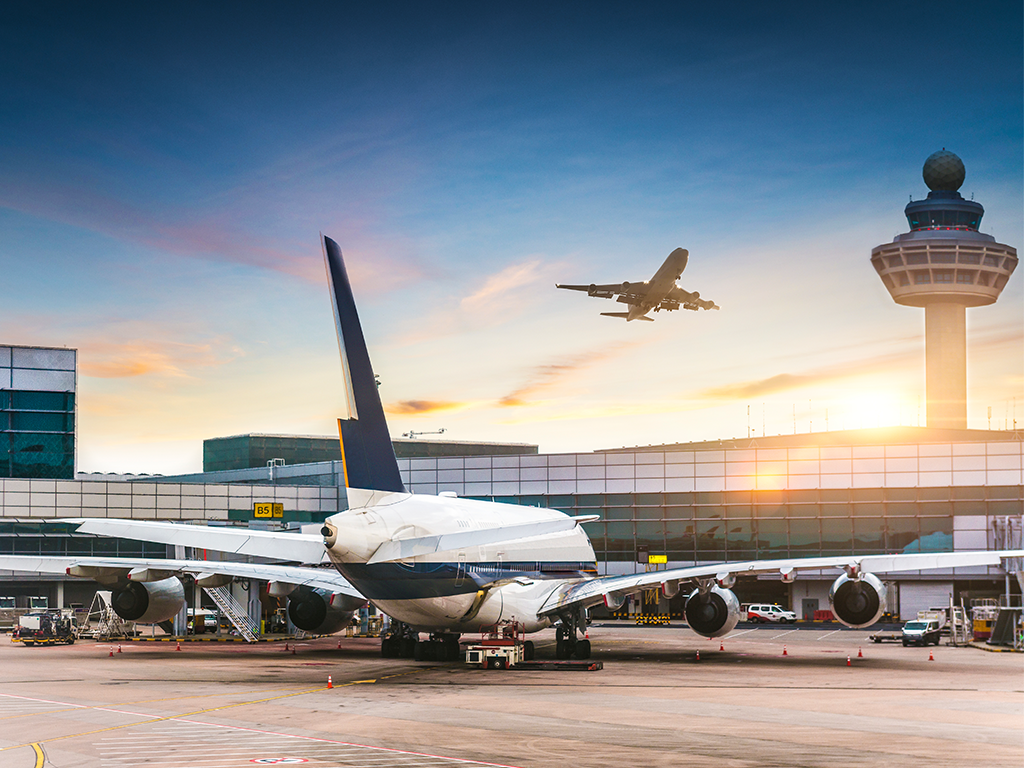Air travel has revolutionized the way we explore the world, connecting distant destinations and bridging cultures. However, beneath the glamour and convenience lies a hidden side of air travel that demands our attention. In this article, we will delve into the main disadvantage of air travel, shedding light on its impact on individuals, society, and the environment.
- Health Risks:
While air travel offers speed and efficiency, it also poses certain health risks. Prolonged exposure to high altitudes and cabin pressure can lead to discomfort, dehydration, and even deep vein thrombosis (DVT). Additionally, the recirculation of air within the cabin can increase the spread of airborne diseases, making passengers susceptible to respiratory infections. - Environmental Impact:
Air travel is notorious for its significant carbon footprint. The burning of jet fuel releases greenhouse gases, contributing to climate change. The aviation industry accounts for a substantial portion of global carbon emissions, and the rapid growth of air travel exacerbates this issue. Furthermore, the construction and maintenance of airports and infrastructure have adverse effects on local ecosystems and wildlife habitats. - Cost and Accessibility:
While air travel has become more affordable in recent years, it still remains a luxury for many. The high cost of tickets, especially for long-haul flights, restricts access to air travel for a significant portion of the population. This creates a divide between those who can afford to fly and those who cannot, further exacerbating social and economic inequalities. - Security and Safety Concerns:
In an era of heightened security measures, air travel has become subject to stringent security protocols. The extensive screening processes and restrictions on carry-on items can be time-consuming and inconvenient for passengers. Additionally, the potential for accidents, mechanical failures, or acts of terrorism raises safety concerns among travelers. - Disruption of Local Economies:
While air travel can bring economic benefits to certain regions, it can also disrupt local economies. The concentration of tourism in popular destinations often leads to overtourism, causing strain on infrastructure, natural resources, and local communities. This imbalance can result in increased living costs for residents and the loss of cultural authenticity.
Conclusion:
Despite its undeniable advantages, air travel comes with its fair share of disadvantages. From health risks and environmental impact to accessibility and economic disruption, it is crucial to acknowledge and address these issues. As we continue to explore the world, it is essential to seek sustainable alternatives and mitigate the negative consequences of air travel. Only through a comprehensive understanding of these disadvantages can we strive for a more balanced and responsible approach to aviation.
About Author
You may also like
-
Racing Motorcycles Safety Features Every Rider Should Know
-
Beyond the Horizon: How OHMIEX Builds Communication Gear Riders Can Truly Trust
-
Карго перевозки Китай–Россия под ключ: комплексные логистические решения от компании «Интербиз»
-
Why Choosing the Right FBA Air Express Shipping Service Forwarder Matters for Amazon Sellers
-
Enhance Your BYD 550 with Original BYD Parts 1312461000 High Efficiency Filter

